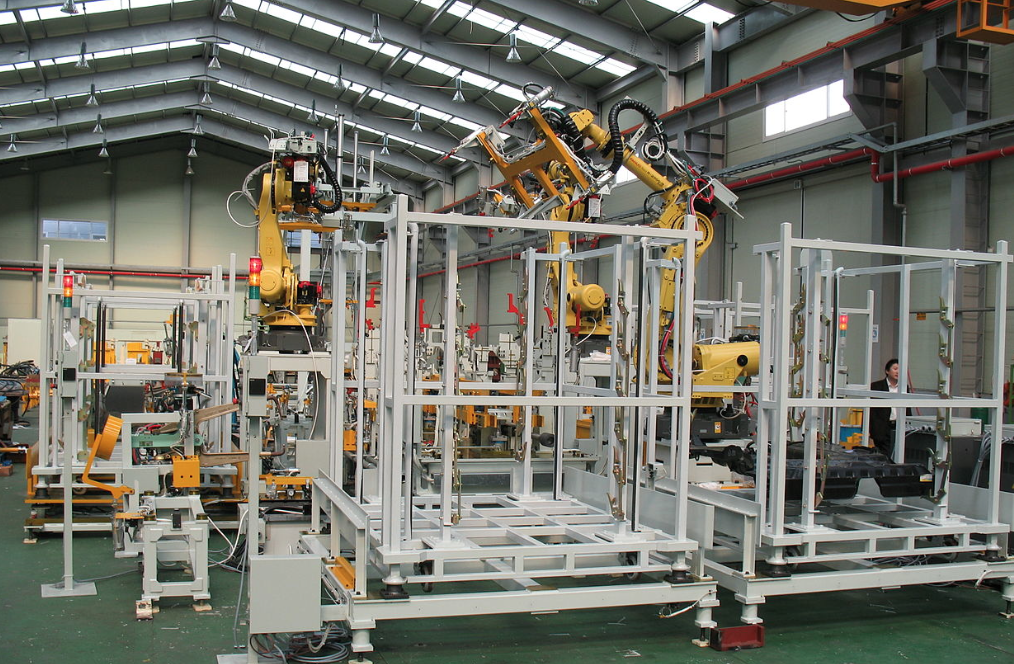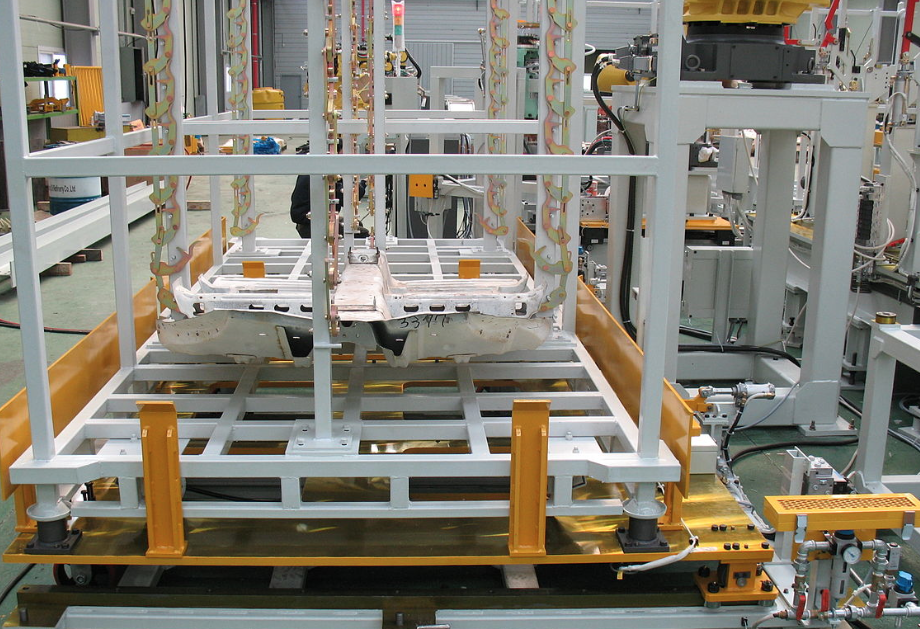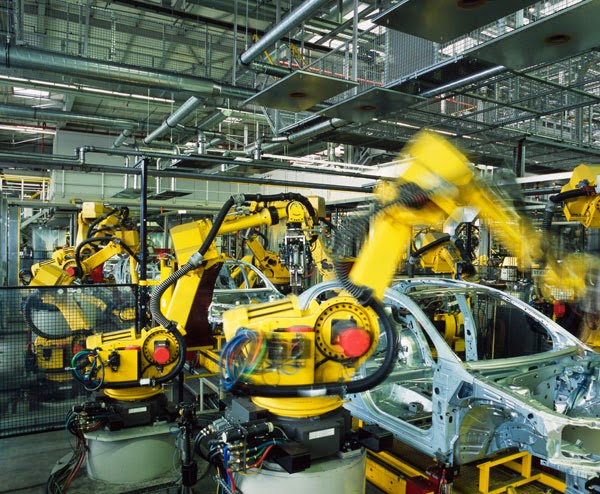Cross-border trade is as old as trade itself. The
fundamental principles and hence challenges for traders remains the same,
despite attempts to create universal frameworks.
The problem is that purchase and sale take place in
different places and different times. The seller needs to be paid before
releasing the goods and the buyer won’t get paid till he sells them at home.
Bridging that gap – “financing the trade” has become a huge and diverse
collection of businesses. And rather than becoming simpler, the techniques
have, rather like evolution, tended to become increasingly complex.
As the complexities increase, so do the risks – and the
transaction costs. But with the maxim that “no two deals are identical”,
today’s “traditional” cross-border trade facilities frequently generate
mountains of paper, defying all attempts at simplification.
This link between money and goods has remained intractable,
and is largely responsible for the continuing complexity of trade transactions.
If this link could be broken, goods could move more freely, benefitting fully
from today’s advances in logistics management, while the money could flow
freely and quickly from buyer to seller.
One company has broken this link and aims to change fundamentally
the way in which cross-border trade is conducted. TradeRiver, a supply chain
financier allows its enrolled buyers to purchase goods for cash in local
currency anywhere in the world without getting involved in the location, state
or condition of the goods or, importantly the value as agreed between buyer and
seller. For the first time, goods and their payment are completely separate,
making cross-border trade arguably no more complicated than an online credit
card purchase from an overseas retailer.
Come along to TradeRiver’s workshop about finding
alternative sources of working capital without involving the bank taking place
at the Manufacturing and Engineering Expo on 8th October at 2pm.





